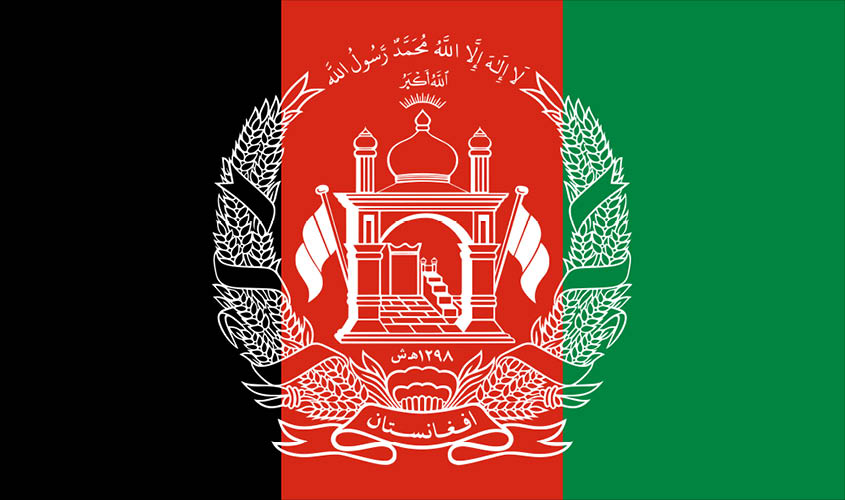After the American withdrawal, it may be the Chinese, who may try to dominate the scene now.
Afghanistan seems to be fast becoming the sick man of South Asia, an epithet often used for Turkey, over a hundred years ago in the context of European power play. Twenty years is too short a period in history for events to be forgotten and developing an entirely a new tack of thinking. With IC-814 still not obliterated out of the memory, it is going to be tough times ahead. Despite the age old dictum attributed to Lord Palmerstone that there are neither any permanent friends nor permanent enemies but only permanent interests, sometimes the diplomacy becomes less than pragmatic, which makes developing relations and negotiating difficult. Today, it is such a tight corner indeed that we find ourselves boxed in.
The Americans, though having been at war with Taliban for about 18 years, appear to have been the true followers of Lord Palmerstone. Going against the advice of the Pentagon and by negotiating a deal at Doha, directly with the Taliban, bypassing the Afghan government, they have shown flexibility and pragmatism, giving priority to their own domestic interests over and above their international commitments. This would have surely come as a great morale booster for the Taliban and those who have been backing and nurturing them all these years (read Pakistan). This deal at Doha is also indicative of the success of their track two diplomacy, as they, as of now, certainly appear to have stolen a march over the Russians. Only a couple of months ago Moscow had invited the Taliban for talks, with full knowledge of the Afghan government, which had also joined these informal talks. But as a fallout of the deal at Doha, the Afghan government would be feeling marginalised, as also our own diplomats. Even at Moscow we had not been allowed to officially join these talks. This should have set the alarm bells ringing, propelling us to pull out all stops and activate back channels, but perhaps this was not to be.
In the current scenario, despite the Americans wanting us to assume a greater role in Afghanistan, it is the penetration of Pakistan backed by China and the leverage that they can exercise over Taliban, which seems to be giving them all the options, making our situation difficult. Thirty years ago, after the Russians had been forced to withdraw from Afghanistan, it left the entire country in a flux and was beset with factional and sectarian wars for several years. This time the only hope may be that the Afghan Presidential elections are some time away and the situation may still undergo a change. The difference this time would be that after the American withdrawal, it may be the Chinese, who with their CPEC and BRI programmes may try to dominate the scene, much to our consternation. It is hoped that during the next round of talks with President Xi Jinping, Afghanistan would be on top of our agenda instead of other bilateral matters. Ultimately, the question would be as to what extent Pakistan would allow Indian influence to grow in Afghanistan. Perhaps in the long run some kind of an understanding may have to be arrived at with specific spheres of influence.
Dr K.K. Paul served as Governor of several states after retiring from the IPS as Delhi Police Commissioner.

